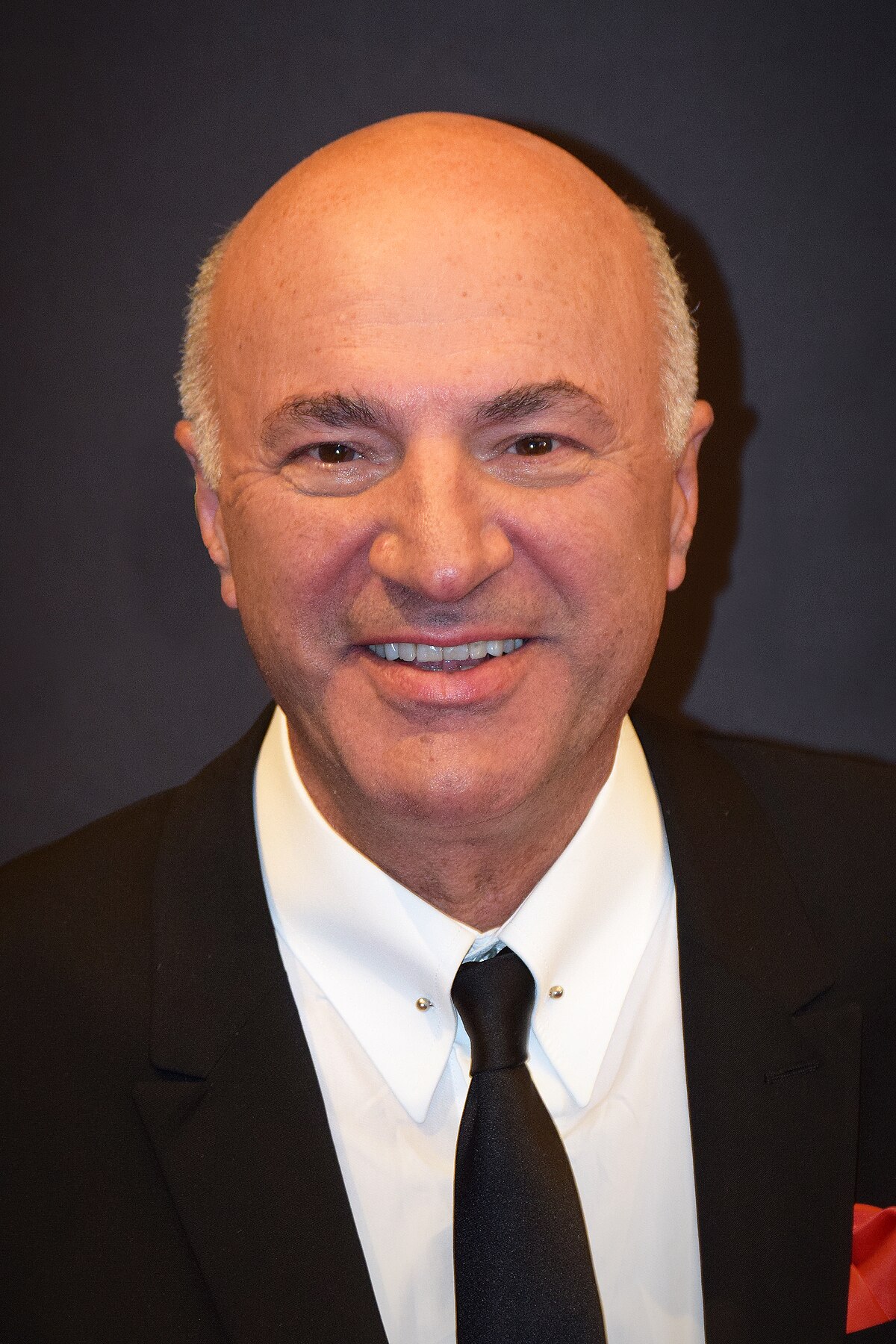In a bold move that has sparked both intrigue and controversy, “Shark Tank” star Kevin O’Leary has voiced his support for Elon Musk’s proposal to drastically reduce federal government spending by $2 trillion. This plan, which has reportedly received the blessing of former President Donald Trump, aims to streamline government operations akin to running a large corporation.
The Proposal: A Financial Overhaul?
Elon Musk, renowned for his transformative work with Tesla, SpaceX, and his recent ventures into social media with X Corp, has pitched the idea of creating a government efficiency commission. This commission would perform a comprehensive audit of federal expenditures, aiming to eliminate inefficiencies, reduce waste, and potentially save trillions. O’Leary, with his background in finance and entrepreneurship, sees this as not just feasible but necessary.
“Elon Musk is like a modern-day Bruce Wayne,” O’Leary quipped, referencing Batman’s alter-ego known for his savvy in managing vast resources. “He’s got the know-how to cut through the red tape and bureaucracy that’s bogging down our government.”
O’Leary’s Endorsement: ‘Release the Hounds’
O’Leary has a reputation for his no-nonsense approach to business, often summarized by his catchphrase on “Shark Tank,” where he tells entrepreneurs what he thinks of their business propositions with stark honesty. His endorsement of Musk’s plan isn’t surprising given this persona.
“We’ve got to go find $2 trillion, we’ve got to go find $5 trillion,” O’Leary stated, suggesting that Musk’s initial target might even be conservative. He views the federal government as “the biggest business in America,” and believes an outsider like Musk could revolutionize how it operates.
Political Ramifications and Economic Implications
The implications of such drastic cuts are vast and potentially divisive. Critics argue that slicing federal spending by this magnitude could adversely affect essential services like food assistance, healthcare, housing, and even national defense. The Washington Post has highlighted that such measures would impact long-standing programs like Social Security, which many Americans depend on.
However, supporters, including O’Leary, argue that efficiency gains could be made without necessarily sacrificing service quality. They believe that private sector innovation and discipline could serve as a model for government operations, potentially leading to a leaner, more effective government.
Trump’s Role and Future Prospects
Former President Trump’s endorsement adds a significant political dimension to Musk’s proposal. Trump, who has expressed interest in having Musk lead this commission, sees it as a way to continue his legacy of being a business-friendly president who aims to reduce government size and scope.
The idea has been floated as part of Trump’s potential platform if he were to run in future elections, positioning it as a return to fiscal conservatism and efficient governance. This could resonate with voters who are frustrated with government inefficiencies but might also alienate others who benefit from or support robust social programs.
Public and Expert Reaction
The public reaction has been mixed. While some applaud the notion of trimming what they see as governmental bloat, others are wary of the real-life consequences for those reliant on federal programs. Economic analysts are divided; some see potential for significant cost savings, while others warn of the complexity and possible social fallout of such cuts.
Looking Forward
As discussions around this plan continue, the potential appointment of Elon Musk to lead a government efficiency commission remains speculative but indicative of a broader movement towards applying business principles to public administration. Kevin O’Leary’s support adds a high-profile voice to this conversation, framing the debate not just on economic terms but as a broader call for a new operational ethos within the government.
Whether this plan will see the light of day depends on numerous factors, including political will, public support, and the ability to navigate the intricate balance between fiscal responsibility and social welfare. For now, the conversation around Musk’s proposal with Trump’s backing and O’Leary’s endorsement is setting the stage for what could be a significant shift in how government spending is approached in the United States.



